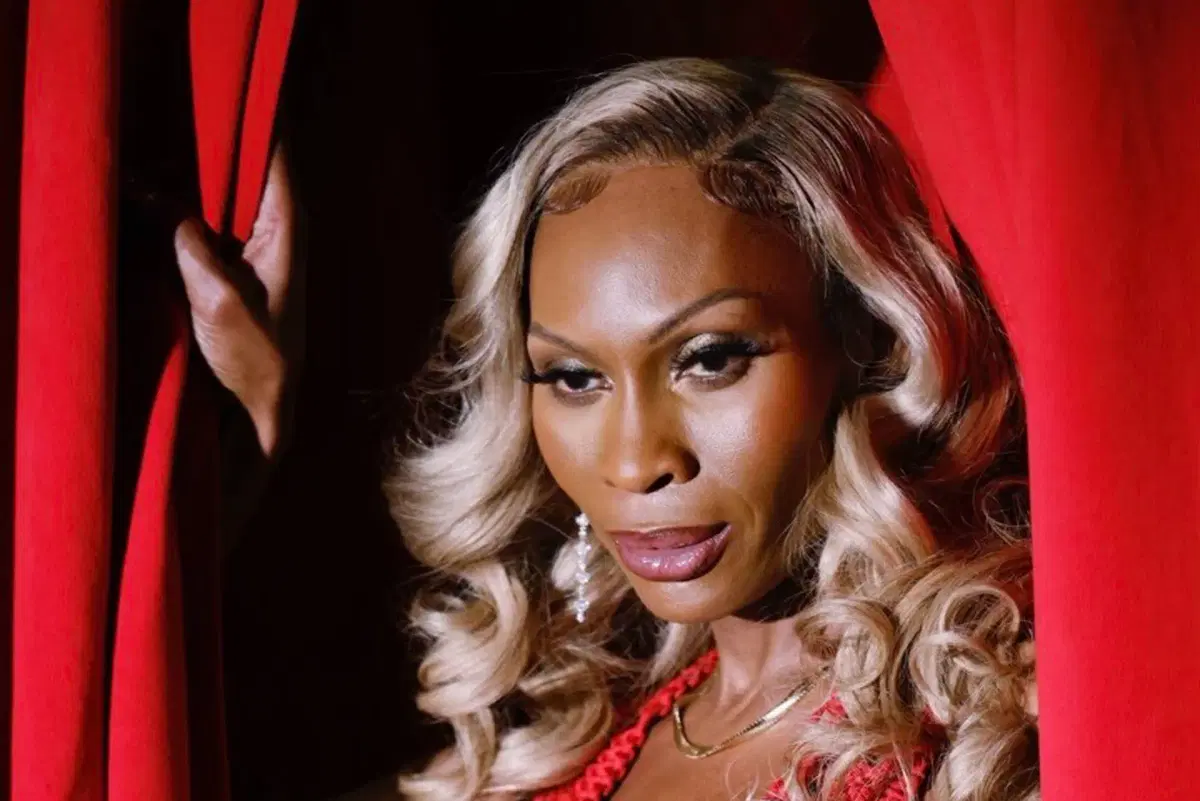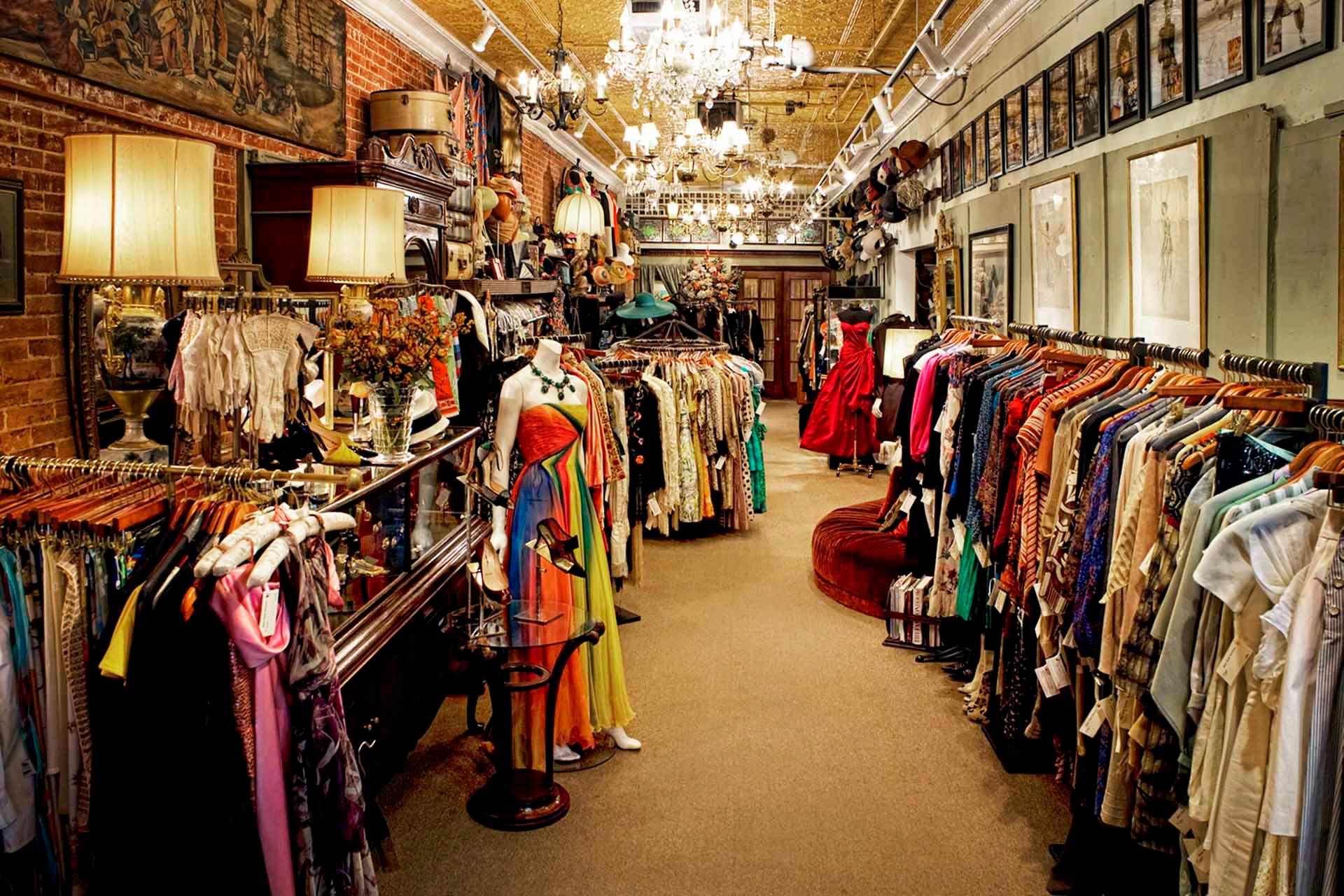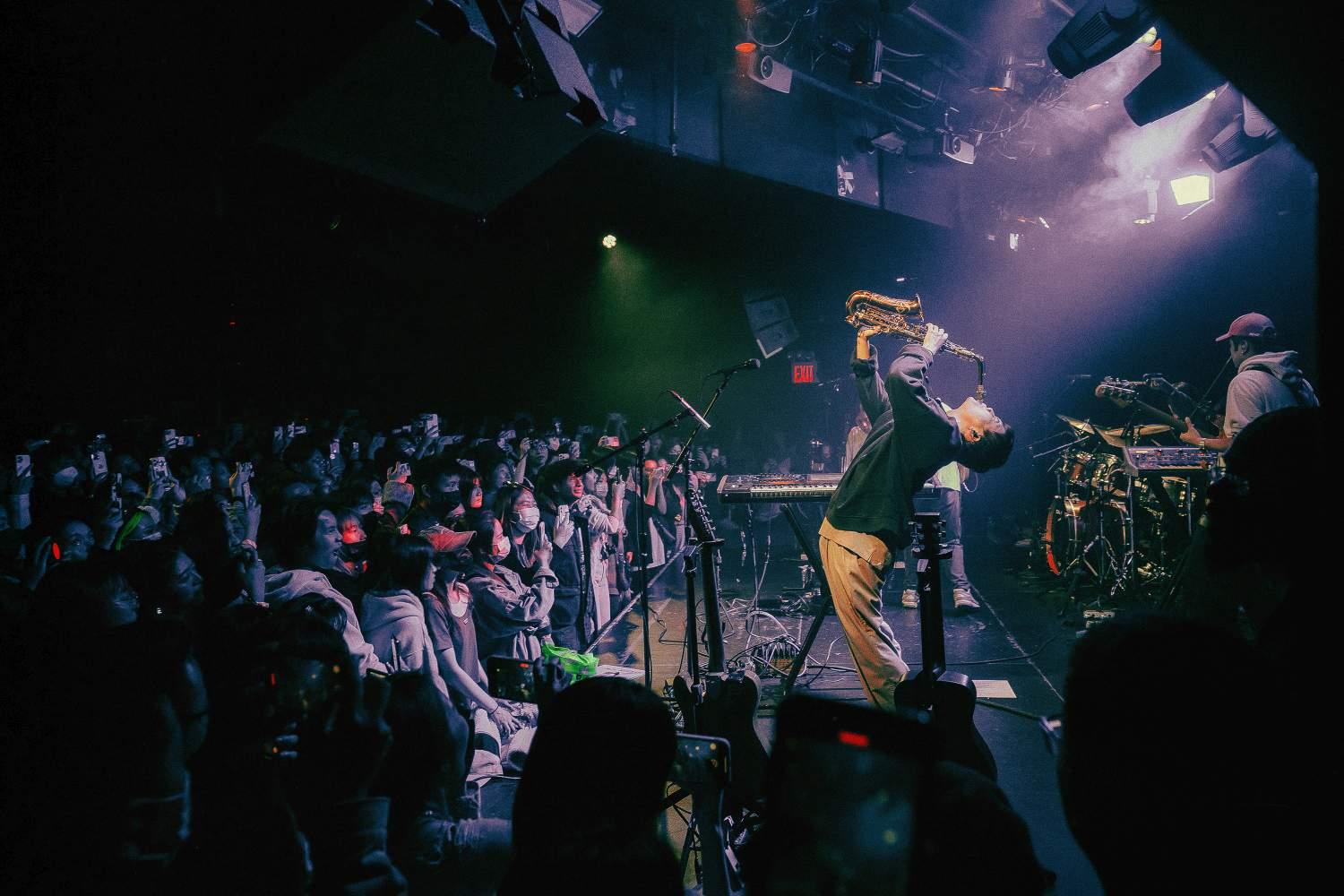Dominique Jackson captivated audiences as Elektra Abundance Evangelista on the hit TV series Pose, which delved into the lives of Black and Latino LGBTQ+ people in New York City’s ballroom scene in the 1980s and 1990s. In addition to her career as an actress, executive producer, model and author, she’s a leading voice for LGBTQ+ people and has worked with various local organizations to advocate for the community. We spoke to Jackson to spotlight her journey in the City and to discuss her impact on the LGBTQ+ community in NYC and beyond.
How has New York City shaped who you are today?
Dominique Jackson: I was flying into New York City at the age of 4 or 5, and as we were about to land at JFK airport, I looked at all the lights and everything and immediately knew this was the city I wanted to be in. Flash forward, I end up in New York and realize this is my place. New York gave me the ability to breathe. Everything was there for me. And I must say that as a trans woman, a woman of trans experience, coming into New York gave me a safe space to live and to feel like I could make it. Even though I had to do things I didn’t like to survive, it was still the safest place for me. It made me feel like I belong.
New York was also the place where I found my career. I auditioned for Pose here. So New York just became my life, my soul, my breath, my everything. Everything happens for me in New York, and no matter where I go, it always calls me back.
Tell us about some of your work with local organizations.
DJ: I work with Hetrick-Martin Institute, Garden State Equality and Destination Tomorrow, which I used to work at. Destination Tomorrow was founded by a trans man who happens to be like a brother to me, Sean Coleman, and is now one of the leading agencies in trans care.
I’ll put it to you like this: my entire thing is about not having people go through the things that I went through. I want people to see that my community is not here to harm anyone. I feel like I could be the vessel for others to see that these are [LGBTQ+] kids having fun. It makes me feel like I’m contributing to helping people not have to be homeless. To helping trans women understand that sex work can be a choice. That there are other things that they can do, but even if they do that, to have something to fall back on. To be involved with these organizations means a lot to me.

Courtesy, Dominique Jackson
What advice do you have for LGBTQ+ people of color in NYC and all over the world who are struggling to build the life they want for themselves?
DJ: This may sound tough, but I would say you’re going to have to go through some situations to be able to get to where you want to be. Especially right now with all the adversities we face, it’s really easy for some folks to say, “I’m just going to hide away. I’m just going to shut myself in.” We know that’s not sustainable. You can’t disappear from your existence. You are existing. So you have to go after everything. You have to put on that brave armor.
You have to be so strong within yourself that you know that these obstacles are actually just challenges. If you make it an obstacle, you’ll stay stuck. If you make it a challenge, you will rise to the occasion and realize that, after a while, it will be in hindsight. You have to go after everything you want. You cannot sit and cower.
If [New York City] wasn’t hard, it wouldn’t be worth it to make it. New York City puts you through a test of self. The song is true—if you can make it here, you can make it anywhere. It’s a test of your strength. So every time I face an adversity or something like that, I would sit and look at the City. I would go to Central Park and think about how this city is so amazing. I would think about the diversity in the City and I would feel, once again, safe and calm.
How has the City’s historic ballroom scene shaped you?
DJ: Ballroom was my New York City. It was basically all I knew when I came here around 1994. It was about going to the Marc Ballroom and going to those places in Harlem where they had the balls at. My career has actually been because of ballroom. It embraced me. I walked my first ball in New York and won. And then went back and forth walking the halls. R. R. Chanel was the one who said, “I’m going to do your [model] comp card,” and he got an entire team together. I started fashion shows in the late ‘90s because of people from ballroom who were working in the industry. Ballroom had all the influence. It’s because of ballroom that I got on Pose. Everything happened from ballroom.
What are some of your favorite places to go to in NYC for inspiration and community?
DJ: There are so many places. Times Square. Yes, it’s busy, but if you focus your mind on the beauty of it and the art of it, it’s magnificent.
I love the piers because I was on the pier before it became the pier. It was a place of community. From the top of Christopher Street at Seventh Avenue all the way down to the pier. We would be out there till the wee hours of the morning, and we’re laughing, we’re voguing, we’re walking runway, we’re looking at other people doing their thing. Running in Central Park. I rollerbladed the entire Central Park a few times as exercise. Riis Beach. That was a place of community also. My dad would take me out there. And then there’s Van Cortlandt Park. That’s really beautiful. One of my other places is Barretto Point Park. They brought in a floating pool and put it out on the river. Queens, it’s Roosevelt Avenue. It was Magic Touch and Club Atlantis. In each borough, there’s these spaces where there’s community.
Your presence on social media is iconic. Tell us a little bit about your approach and what advice you have for others who are self-conscious about putting themselves out there.
DJ: It’s love for my community. People are showing me love, so I give it back. Reading my comments, it’s sometimes tough. Especially in the beginning when Pose was really fresh, it was, “We should kill you. You don’t belong.” It’s very difficult right now for trans people to look at social media and not feel like we’re nothing, like we have no value. So it takes a lot for me to really push myself to do it. I owe them this to show them that we can be strong and we can get through this. And that we can live. We can have fun. Use social media as a little distraction to take us away from all the madness, the chaos. When you put yourself out on social media, put out joy. Put out life. Put out your best you. I like to use social media to try to uplift us.






